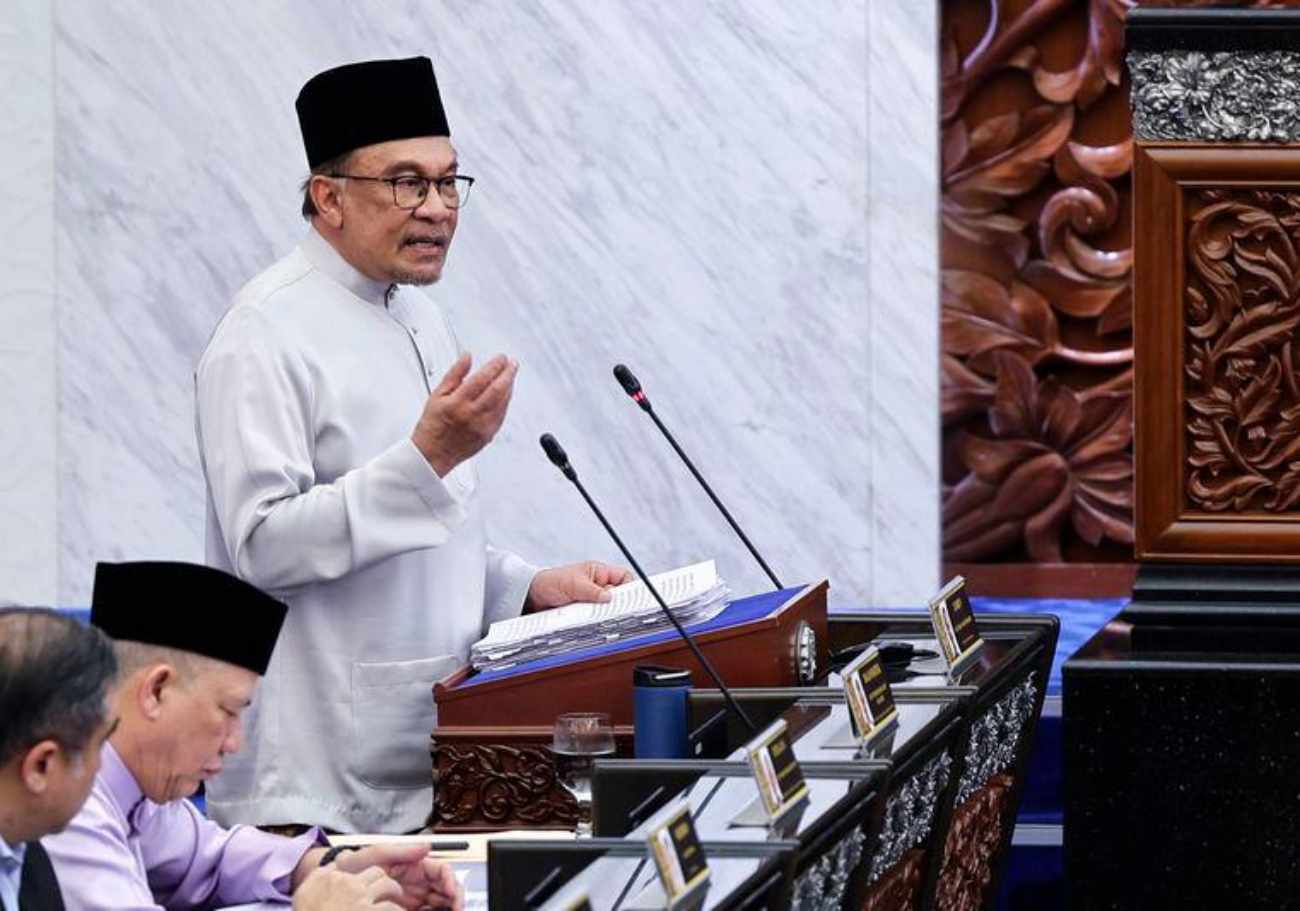
The National Scam Response Centre (NSRC) has received a significant boost with an allocation of RM20 million, as announced by Prime Minister Datuk Seri Anwar Ibrahim in the tabling of Budget 2025.
This investment aims to elevate the NSRC’s role in preventing and curbing scams, a rising concern in Malaysia.
With RM380 million in suspicious transactions blocked so far, the importance of strengthening this initiative cannot be understated.
In addition to this, the Prime Minister also introduced the National Fraud Portal, designed to enhance the detection of fraudulent transactions, offering yet another tool in the country’s ongoing battle against scams.
Elevating the National Scam Response Centre

The increased budget for the National Scam Response Centre reflects Malaysia’s commitment to tackling the growing threat of online scams and financial fraud.
The rise in scam cases, often involving mule accounts, has demanded a more robust approach.
As part of these efforts, both Act 574 of the Penal Code and Act 593 of the Criminal Procedure Code have been amended to improve enforcement against mule syndicates, enabling quicker and more effective action.
With these legislative changes and additional resources, the NSRC will be better equipped to respond to the evolving tactics of scammers.
In 2024, the centre’s role has already proven invaluable, successfully blocking transactions that would otherwise have defrauded victims of millions.
Anwar emphasised the necessity of this funding, stating, “It is only right that we strengthen the role of the NSRC.”
Strengthening Malaysia’s cybersecurity landscape

Alongside the enhanced funding for the National Scam Response Centre, the government is also ramping up broader cybersecurity measures.
An additional 100 personnel will be recruited by the National Cyber Security Agency (NACSA), with RM10 million allocated to support these efforts.
The enactment of the Cybersecurity Act 2024 marks another significant milestone in the nation’s push towards safeguarding its digital assets.
Cybersecurity experts like Sarene Lee, Country Manager of Malaysia at Palo Alto Networks, applauded the government’s initiative.
Lee stated, “Cybersecurity is a fundamental enabler as Malaysia moves towards greater digitalisation.”
This sentiment underscores the importance of integrating security into the nation’s digital infrastructure, ensuring the resilience of industries, government services, and the economy as a whole.
Additionally, Universiti Putra Malaysia, in collaboration with NACSA, will establish the Malaysia Cryptology Technology and Management Centre. This initiative, which focuses on advancements in quantum computing, highlights Malaysia’s proactive stance in tackling complex cybersecurity challenges.
Conclusion
With a growing digital economy, Malaysia’s focus on strengthening the National Scam Response Centre and enhancing national cybersecurity is crucial. The RM20 million allocated to the NSRC, combined with new legislation and technological advancements, demonstrates the government’s commitment to safeguarding citizens and businesses alike.
As scams and cyber threats continue to evolve, Malaysia’s proactive measures will ensure a more secure digital landscape, fostering public trust and attracting investment. What do you think of Malaysia’s efforts in the fight against fraud? Share your thoughts below!










